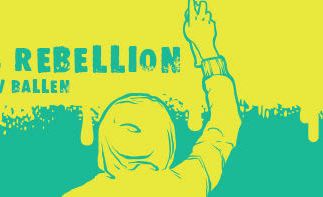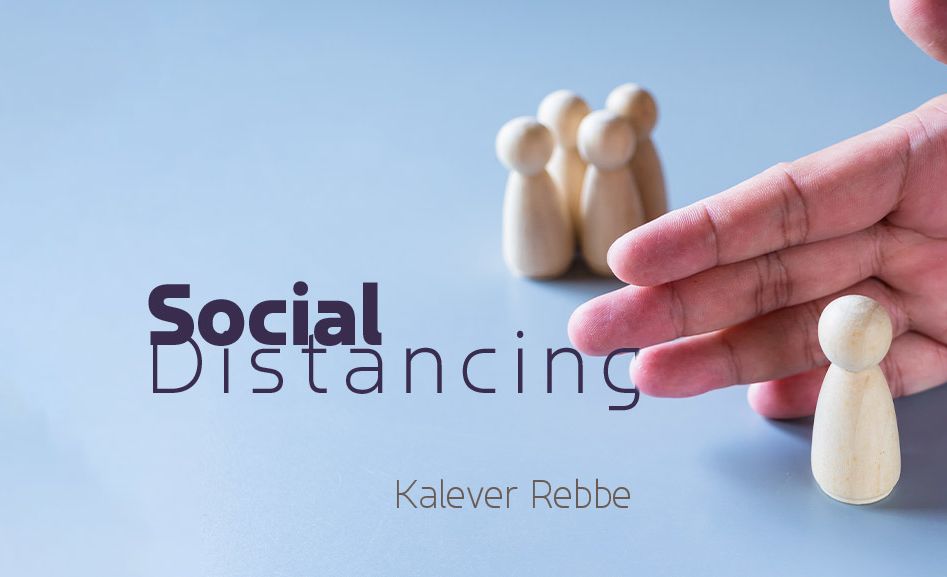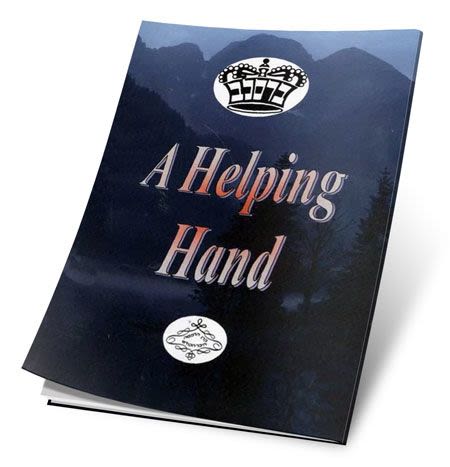
Parental Guilt Trips
A veteran educator who has helped hundreds of rebellious youth come home to Judaism addresses the painful problem of parental pain and guilt in this encouraging article.

The topic of “off-the-derech” kids, those young men and women who have drifted away from their connection to Torah is, unfortunately, still a common problem. There are many aspects of this heart-wrenching situation that have been discussed by many qualified Rabbis and professionals. There is an aspect of the problem that I would like to address that deserves more attention than usually given.
Most of the focus about the “off-the-derech” kids deals with the children themselves. However, there is a pressing need to discuss the impact on the parents. (A discussion on the impact on the family in general, although pressing, is not the issue I want to address.)
When dealing these young people, the general approach of the Yeshivas and seminaries that deal with this population is to try to remove the blame and guilt from the young people themselves. Usually there is some event or cause(s) to their rebellion. Even if we will assume that the kids themselves are the causes of their own problems and misery, guilt and blame do precious little to alleviate the negative situation and does even less to motivate these young people. So even if philosophically, objectively, or in any other way the kids deserve to be read the “riot act” for what they’ve done wrong, we are interested in improving the situation. Teshuva and vidui (atonement and confession) are important but in most cases are not the first agendas at hand.
On a parallel level, for the family itself, especially the parents, the amount of guilt and frustration is enormous. In a majority of cases the parents are not to blame. But let us assume that the parents are at fault (which I would soon like to suggest is usually inaccurate) what does all that guilt and frustration accomplish? The more the parents blame themselves for the “mess” they find themselves in, the less hope there is to seeing both the difficult child and themselves in a positive light. And the chances are the “off-the-derech” kid doesn’t want to be around such a negative environment.
Anyone in the “kiruv” business knows that the most important antidote to help these children is unconditional love and acceptance. So too the parents need to find and strengthen any and all sources of love and good feelings about themselves. If a parent is angry and frustrated at him or herself, their spouse, and their other loved ones there is little hope that the struggling child will feel he can “go home” to find the love he or she so desperately wants and needs.
On the other hand the pain and frustration and anger are very real. So there needs to be expressions of alleviating that very real pain. The three general suggestions I would like to make to help the parent(s) cope with this painful situation are based on the famous teaching in the first Chapter of Perkei Avos, mishnah 6. Using Artscroll’s translation “Accept a teacher upon yourself, acquire a friend for yourself, and judge everyone favorably”.
First, we all need a Rav, a Rebbe, a social worker, etc. to speak out our frustrations and our questions. We need someone who can both empathize with our situation as well as give us direction and clarity when things are so confusing. One of the most difficult issues that “kiruv professionals” come across is the denial and the embarrassment of the parents and their unwillingness to open up to anyone about the problem. It’s like a person having strep and not wanting to show the doctor because the throat looks so terrible. Don’t be embarrassed and don’t be afraid. The more qualified and objective the help you receive, the better your chances of dealing with the issues in a productive and positive way.
Second, acquire a friend for yourself. Surely everyone wants and needs a spouse or a close friend to share their burdens. But I think the most important friend to find is yourself. Don’t hate yourself for what has happened. Don’t blame yourself for the situation. You and your spouse have done your best given your abilities and resources. As mentioned before, it doesn’t even make sense to blame yourself. How much credit do you take for your children that are going to school on time, brush their teeth, and are learning the required material in Yeshiva? Do you pat yourself on the back or do you credit your successes to the kindnesses of Hashem. It’s not easy but your “not-so-successful” child is also someone that has been given to you by Hashem, who knows this situation is the tikun (challenge) you and your child both need. Love your child but first love yourself. Could you have done better? Honestly, possibly. Could you have done better with your “on-the-derech” kids? Honestly, possibly. But in the same way you don’t kick yourself for the improvements you could have made with the “ok” kids, don’t kick yourself for the “not-ok” kids.
And there is another point which is even harder. Sometimes one of the spouses, the other children in the family, the neighborhood kids really are negative factors causing a lot of the problem. How does one not feel annoyed, angry, and bitter at the apparent cause of the problem? There are many answers to this question. I would like to suggest one. Although we know in our minds that everything, everything is from Hashem but it’s often hard to bring that message home, to really live with full emunah (trust) of the truth of that reality. We need to constantly remind ourselves: “I am the parent this child was supposed to have, and he/she is the child I was supposed to have. This is my spouse and these are the children Hashem wants for me to parent to the best of my abilities.” Whatever can be improved in the family situation should be improved but the bottom line is that this situation was set up by Hashem for the growth and betterment of everyone involved.
Third, is to judge everyone favorably. Look at your children with a favorable eye and more importantly look at yourself with a favorable eye. As much as we think we may understand of ourselves and our children in honesty we are all very unique neshamos (souls) each with his/her own special job in this world. Remember: no one in the picture is intentionally sabotaging the success and happiness of the family. Instead of focusing on the negative qualities of the people around you (which is easy!) try to look a little deeper to see the hurt and confusion of the child and the hopes and aspirations of everyone who really would like to see things better.
The focus of all of the above suggestions is: as much as we focus on the problem child and try to figure out ways to strengthen and encourage and love him or her, we also need to see ourselves in the most positive light possible and to encourage and love ourselves.
May Hashem save us from this painful problem and give us the understanding, wisdom and courage to rise to the challenges of helping and loving not only the “off-the-derech” child but to accept and love ourselves as well.
***
Rabbi Dovid Charlop is a “Rosh Mativta”, one of the senior faculty members at Yeshivat Neve Tzion in Telstone, Israel.







Tell us what you think!
Thank you for your comment!
It will be published after approval by the Editor.